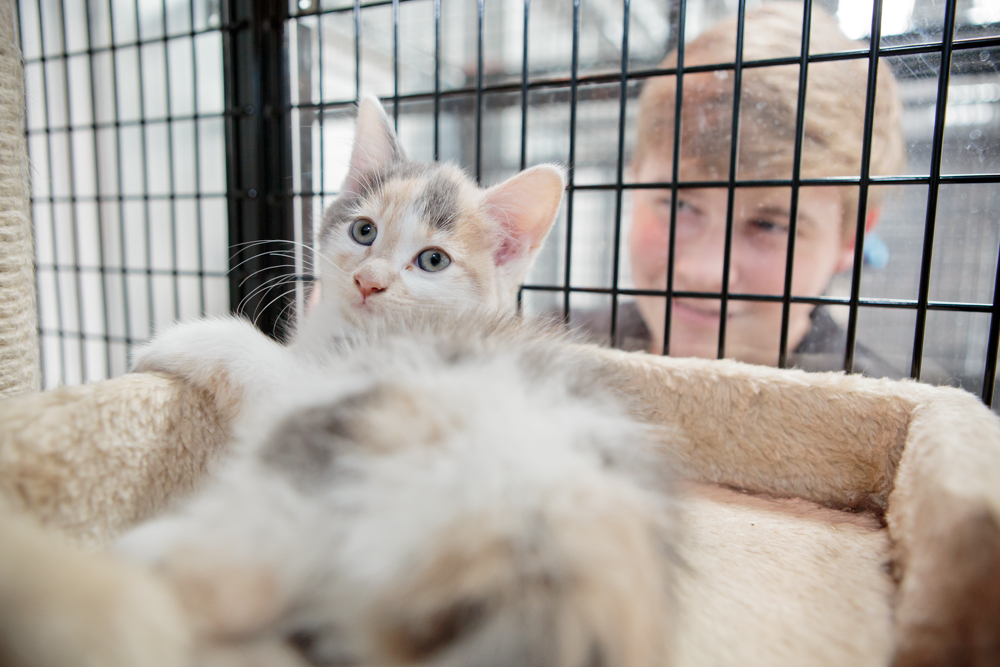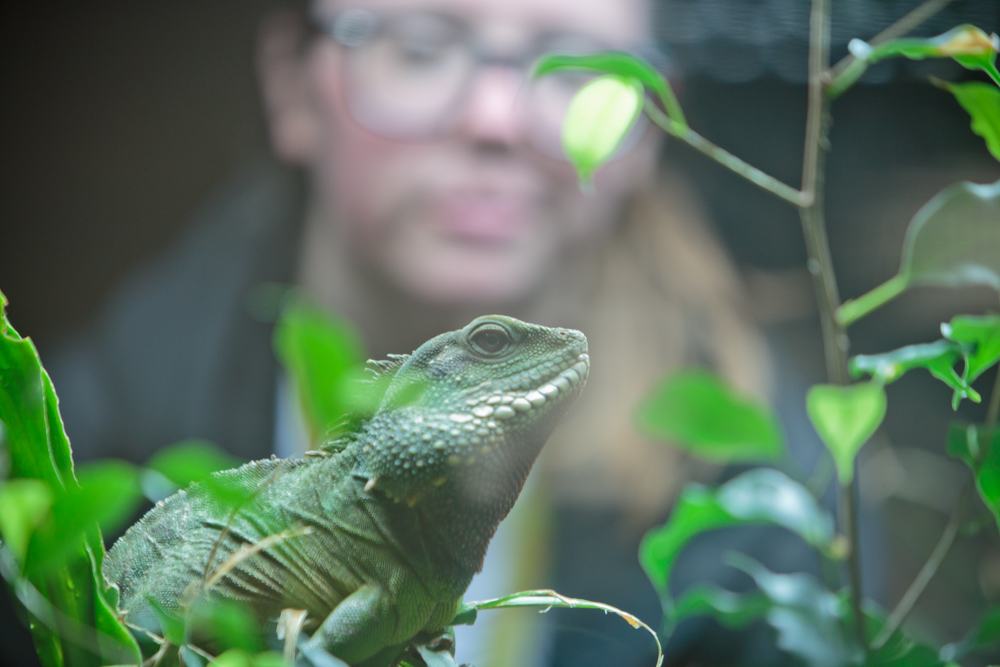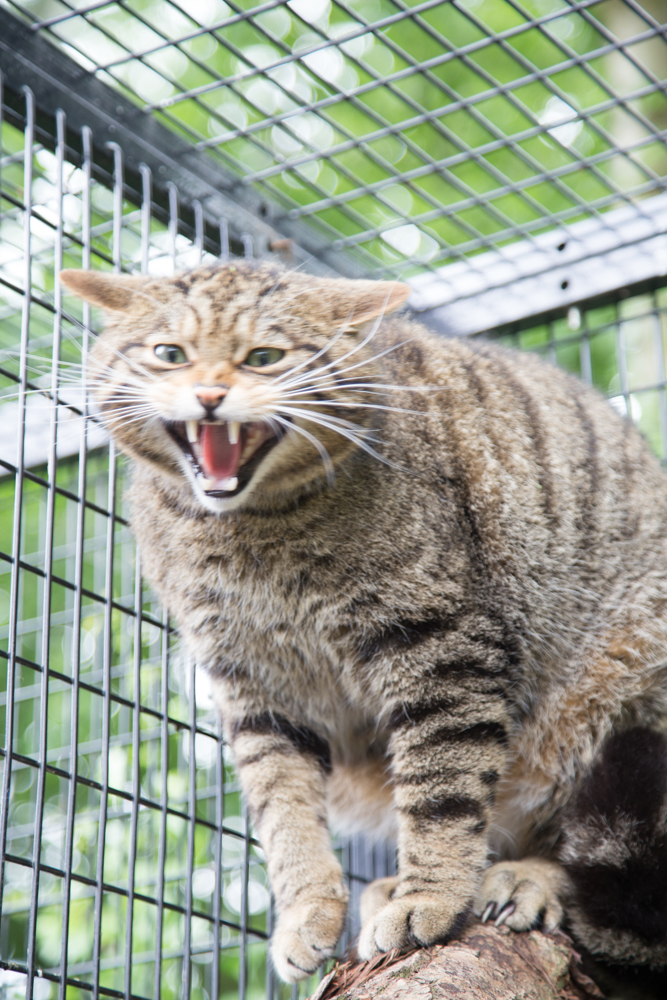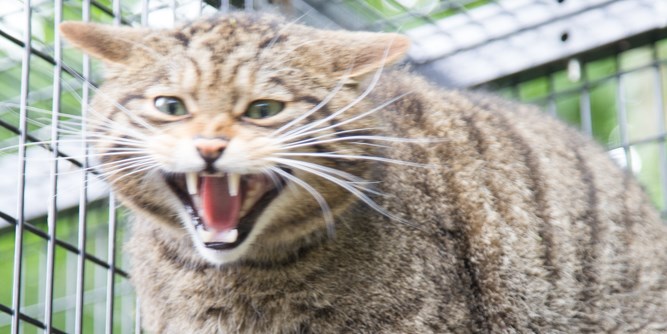Course modules
Year 1
Assist with the preparation and maintenance of animal accommodation
You will learn about different types of animal housing and bedding and then practically prepare and clean out Animal Academy animals.
Animals in the wild and in society
This unit looks at animals such as wildlife and exotic zoo species. It identifies the different terminology associated with classifying animals and adaptations animals have developed over time to become better species.
Assist with the care of animals
In this unit students learn how to keep different species of animals healthy and happy.
Assist with the handling and restraint of animals
You will assist others in handling a variety of animals. You will also learn about moving them around and retraining them e.g. for the vet.
Principles of the Care of Animals
In this unit the student will learn about the principles of animal care
Entry requirements & additional information
Entry requirements
This course gives a practical introduction to the animal industry. Students need to be over 14, demonstrating confidence and competence in basic animal care skills. Academic qualifications are not essential, just a willingness to learn.
Learning and assessment
Time will be spent in the classroom and in the College’s Animal Academy developing practical skills. Students must have an interest in the subject and have some prior experience of working with animals.
A portfolio of written work must be completed as well as a short online assessment.
Progression
Year 10 students may wish to continue into year 11 to complete additional units. Year 11 students may progress onto a full time Further Education or Apprenticeship Programme.
Careers
Employment in kennels, catteries, pet shop, grooming parlour, welfare societies e.g. RSPCA.
Special requirements
Costs that are mandatory for the course:
Course fees apply for school-educated students (see 14-16 prospectus).
Equipment and/or Clothing:
- College warehouse jacket (purchased via animal studies centre approx. £30), Wellington boots or other sturdy work boots.
- Tetanus vaccination up to date.
- 2 x lever arch files
- 2 x dividers
- Pens/Pencils (coloured) (approx. £10)
Latest news, Animal studies
-
Inspiring the next generation of cyber specialists
- Published
- Wednesday 26 February
-
SUCCESS STORY: Chloe becomes one of UCLan’s first ever trainee vets to graduate
- Published
- Monday 6 January
-
Industry accolade for Myerscough animal studies tutor
- Published
- Tuesday 19 Nov 2024
-
Higher education Research Conference a success
- Published
- Friday 8 Nov 2024
-
Unforgettable South Africa experiences for animal studies students
- Published
- Thursday 29 Aug 2024
IMPORTANT INFORMATION REGARDING OUR VOCATIONAL OFFER FOR HOME EDUCATED STUDENTS FROM SEPTEMBER 2025
Tuesday 12th November 2024 update
Myerscough College is committed to providing high quality technical education across the land-based and sports sectors. Our 14-16 curriculum provision will remain in place for the 2025/26 academic year, starting September 2025, but it will need to be accessed via applications from local schools, on behalf of their pupils.
After extensive discussions with our Local Authorities (LAs) regarding the future of home education, it is clear that the government is focused on prioritising the reintegration of many home educated young people back into mainstream education. In light of this direction, we have made the strategic decision to change the Elective Home Educated (EHE) element of our 14-16 programme, in order to align with this broader educational policy.
Electively Home Educated applicants can no longer apply for courses at Myerscough. The only route to enrolling on a course at Myerscough is through a school who commissions this as an alternative provision.
This change will not impact students who are already attending Myerscough College through their schools.
If you would like to consider enrolling at a local school or need further support with your education at home, please contact your Electively Home Educated teams in your relevant local authority. They will be able to provide information about available school places for September 25 entry. It may be possible that some schools will agree to your child continuing with their course at Myerscough but this will need to be discussed with the school.
For information about the content of the 14-16 curriculum you can email us at 14to16@myerscough.ac.uk or call 01995 642222.
Additional support
Myerscough will arrange for copies of academic reports to be sent to educational providers in order to support and enhance the likelihood of securing a school or alternative provision placement for students.
Additionally, please access the links below to help with guidance and support during this transition period:
https://www.youngminds.org.uk/professional/resources/supporting-school-transitions/
Supporting children's transition to secondary school: guidance for parents and carers | Anna Freud




